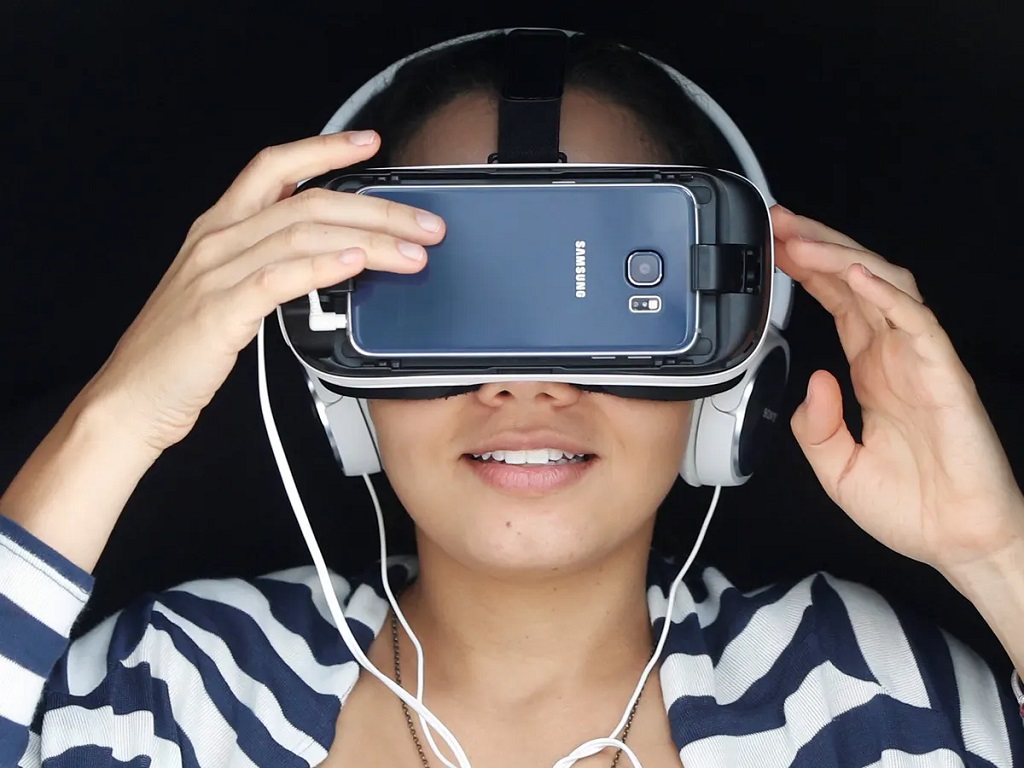Virtual Reality (VR) has captured the imagination for decades, promising a portal to fantastical worlds and immersive experiences. The Meta Quest 2 (formerly Oculus Quest 2) stands as a leading contender in the consumer VR market. But with all the hype surrounding VR, is the Meta Quest 2 worth the investment? This guide offers a balanced perspective, exploring the strengths and limitations of the headset to help you decide if VR is right for you.
Demystifying VR: A Glimpse into the Virtual World
VR headsets transport users to computer-generated environments, creating a sense of presence and allowing interaction with virtual objects. The Meta Quest 2 achieves this through:
- High-Resolution Display: The headset boasts a high-resolution display that delivers crisp visuals for a more realistic VR experience.
- Motion Tracking: Built-in sensors track your head movements, allowing you to explore virtual environments by simply turning your head.
- Hand Controllers: Two wireless controllers translate your hand movements into the virtual world, enabling interaction with objects and gameplay.
Beyond the Hype: Exploring the Strengths of the Meta Quest 2
The Meta Quest 2 offers several compelling features:
- Standalone Functionality: Unlike some VR headsets that require a powerful PC, the Meta Quest 2 functions independently. This eliminates the need for a high-end computer and makes VR more accessible.
- Extensive Game Library: The Quest 2 boasts a growing library of games, ranging from thrilling action adventures to puzzle-solving experiences and social simulations.
- Fitness Potential: VR fitness apps transform exercise into engaging experiences, making workouts more enjoyable and motivating.
- Portability: The Meta Quest 2 is relatively compact and lightweight compared to some PC-powered VR headsets, making it easier to transport and use in different locations.
A Reality Check: Addressing Potential Limitations
Before diving into VR, it’s important to consider some limitations of the Meta Quest 2:
- Processing Power: The standalone nature of the Quest 2 comes at the expense of processing power. While visuals are good, they may not be as high-fidelity as PC VR experiences.
- Battery Life: Expect a playtime of 2-3 hours on a single charge, which might limit longer VR sessions.
- Limited Content Library: While the game library is expanding, it may not yet offer the same breadth of options as established gaming platforms.
- Potential for Motion Sickness: Some users experience nausea or dizziness, particularly during fast-paced movement in VR. This typically diminishes as users get acclimated to VR.
Beyond the Specs: User Considerations and Essential Tips
Here are some additional factors to consider when evaluating the Meta Quest 2:
- Personal Preferences: Do you enjoy video games? Are you interested in exploring virtual environments or using VR for fitness? Aligning your interests with VR’s strengths is crucial.
- Comfort and Fit: The headset should fit comfortably without causing pressure or strain. Trying it on before purchase is ideal.
- Safety Precautions: Be mindful of your surroundings in VR to avoid injuries. Clear a safe playspace and avoid using VR while standing near stairs or furniture.
- Content Costs: While the headset itself has a price tag, additional VR games and experiences often require separate purchases. Factor in these ongoing content costs.
The Verdict: Is VR Right for You?
The Meta Quest 2 offers a compelling entry point into the world of VR. Its standalone functionality, growing library of games, and fitness potential make it an attractive option for many users. However, consider your budget, gaming preferences, and tolerance for potential limitations before leaping.
Beyond the Quest 2: Exploring the VR Landscape
The VR market is constantly evolving. Here’s a glimpse into the broader VR landscape:
- High-End PC VR: For users seeking the most powerful VR experiences with cutting-edge graphics and processing power, PC VR headsets connected to high-end computers offer the most immersive experiences, albeit at a higher cost.
- Future Advancements: VR technology is rapidly evolving, with advancements promising lighter, more powerful headsets and even more realistic experiences.
Related: What Number is Spelt with an “A”?
The Future of VR: A World of Possibilities
The future of VR holds immense potential. From revolutionizing training simulations to fostering social connections in virtual spaces, the possibilities are vast. Whether you choose to jump in with the Meta Quest 2 or wait for future advancements, VR offers a glimpse into a future where the boundaries between the real and virtual worlds continue to blur.





